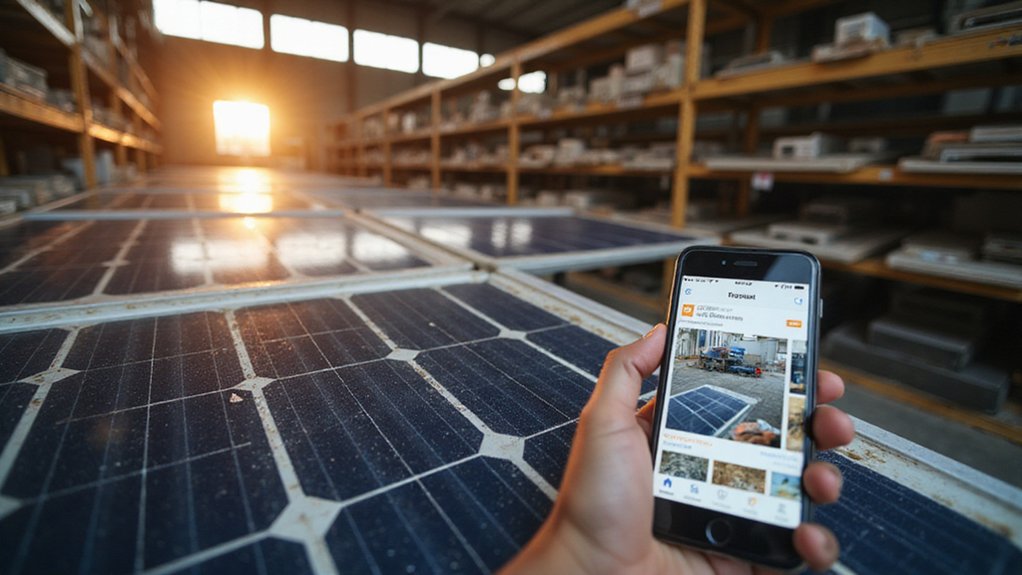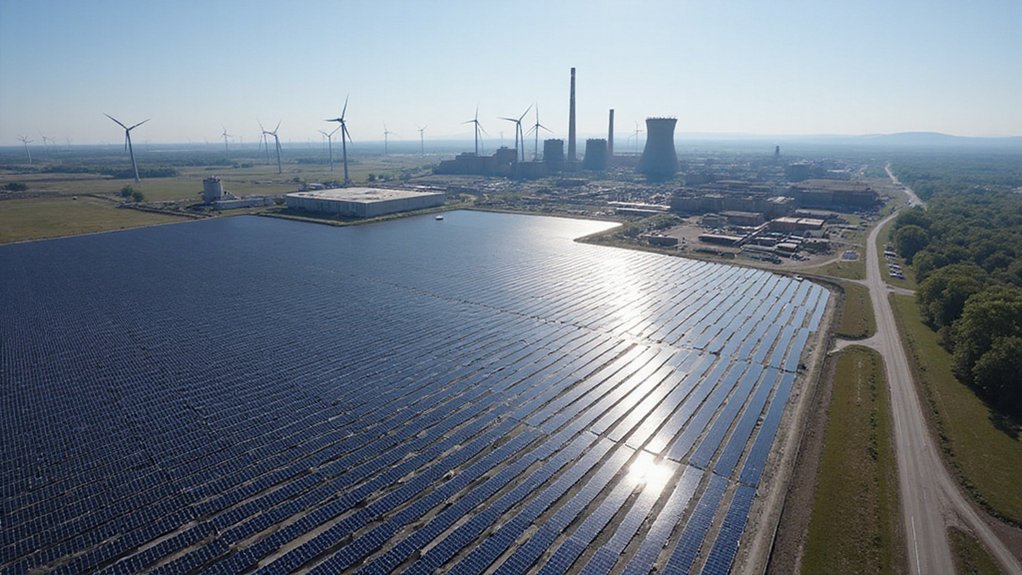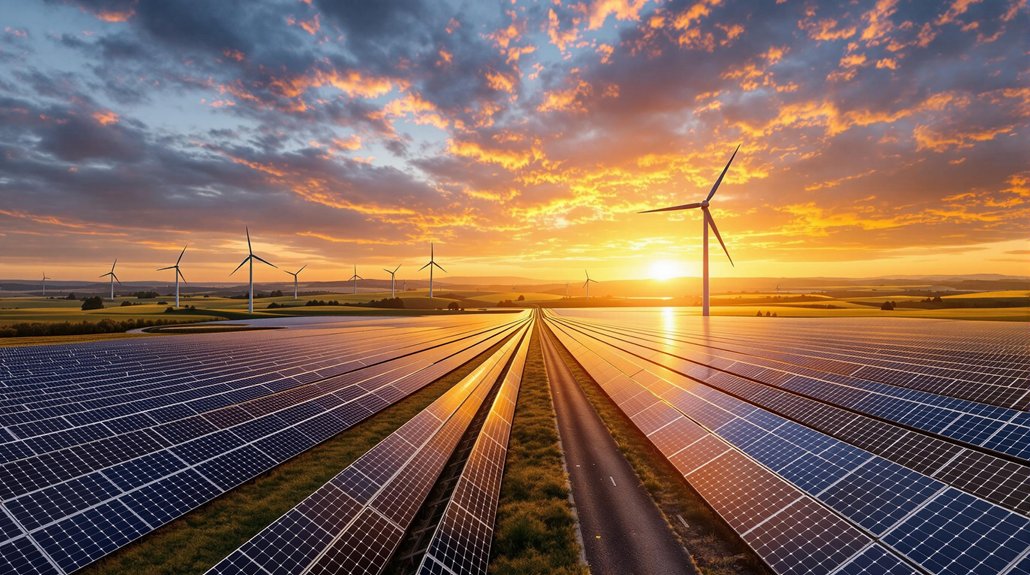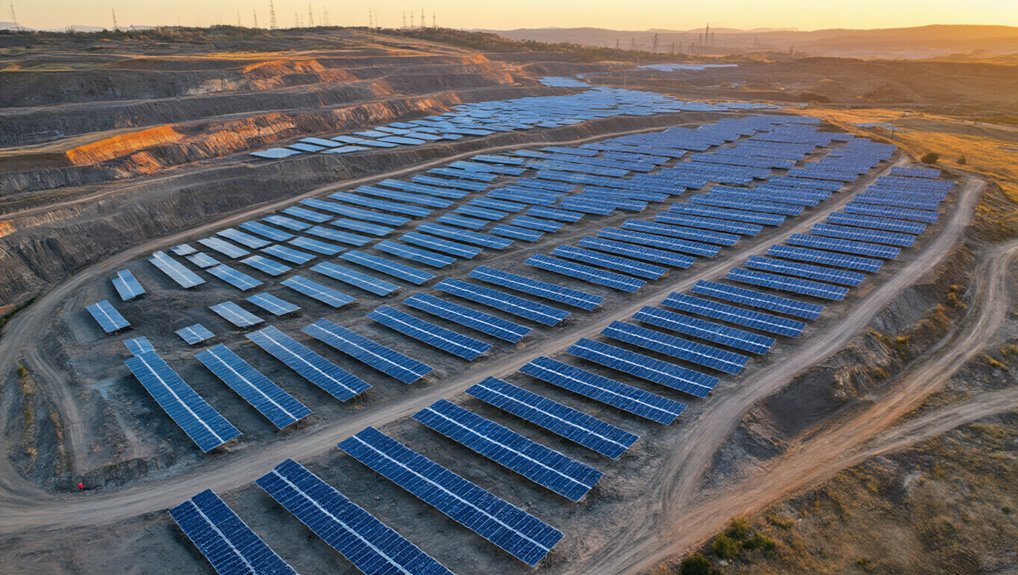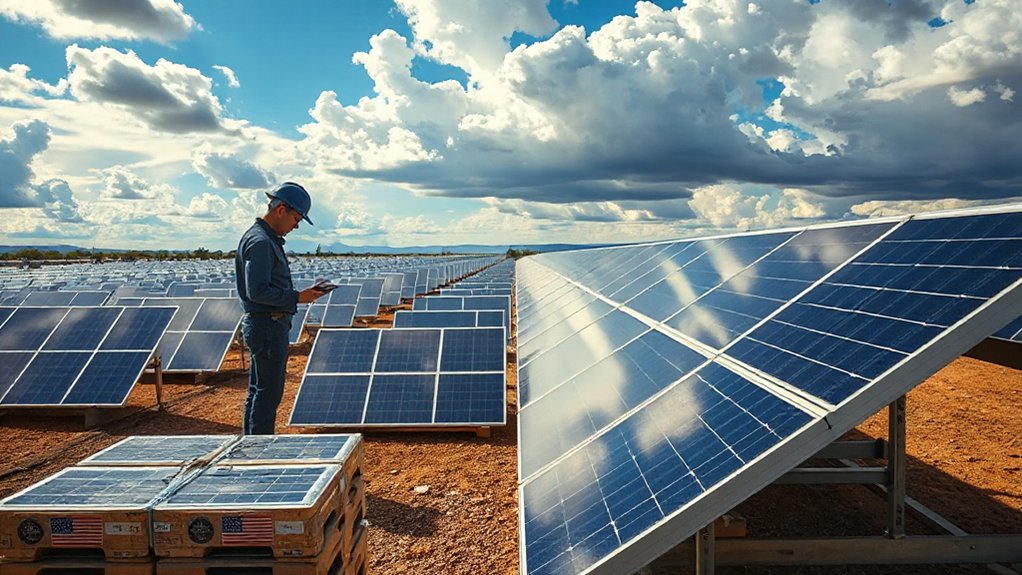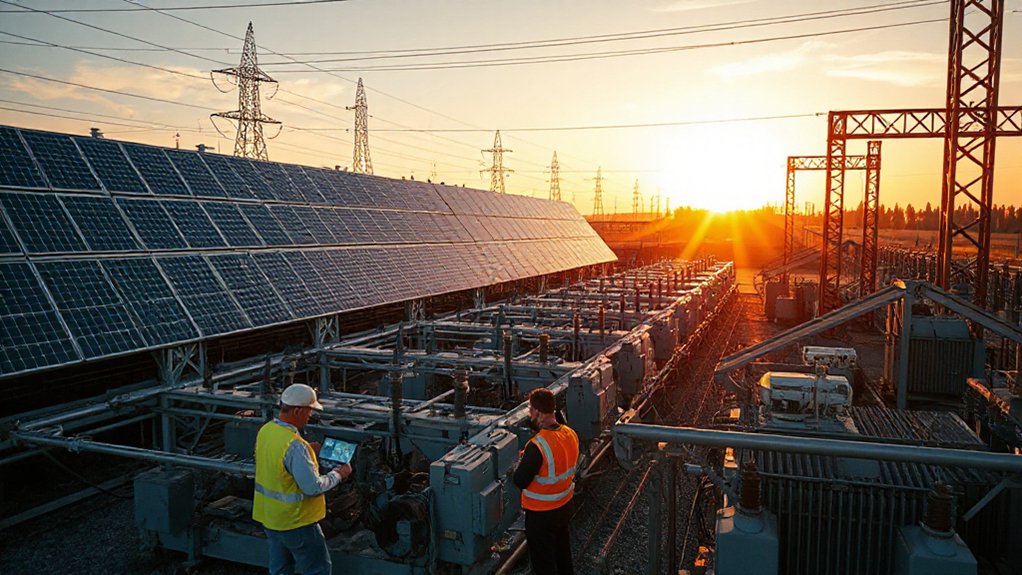The market for used solar panels is growing rapidly on social media platforms. Buyers and sellers connect through Facebook and Instagram groups to trade panels at lower prices than new ones. This underground economy helps people in developing countries access renewable energy solutions they couldn’t otherwise afford. The trend also supports sustainability by giving old panels a second life. What happens when this informal market collides with regulations and warranty concerns?
The booming market for second-hand solar panels is creating new opportunities in renewable energy across the globe. Currently valued at $7.56 billion, the used solar panel market is expected to reach $10.71 billion by 2032. Since 2020, the volume of used modules listed for resale has jumped by 282%, showing strong and consistent growth for three years in a row.
Used solar panels typically sell for $0.05 to $0.60 per watt, much cheaper than new ones. Special types like All Black modules go for about $0.261 per watt, while Bifacial modules fetch around $0.308 per watt. Curiously, even as new panel prices dropped in 2023, used panel prices stayed stable.
Second-hand solar panels offer significant savings, with prices holding steady even as the new panel market fluctuates.
Developing countries are the biggest buyers in this growing market. Afghanistan, Pakistan, Djibouti, Somalia, and Ethiopia lead the demand. Many buyers from these regions prefer to purchase from the United States, believing they’ll get more honest dealings and better quality panels.
The off-grid market, now worth $1.75 billion, relies heavily on second-hand panels. These used panels help bring electricity to remote areas where new panels would be too expensive. This trend aligns with the global shift toward clean energy solutions that are becoming increasingly accessible to millions worldwide. Even without warranties, these panels remain attractive in developing regions because they still produce reliable power.
Large warehouses are popping up to manage this trade. In Germany, SecondSol operates a 10,000 square meter facility to handle used panel inventory and distribution across Europe. Similar operations are growing in North America and other regions.
The used panel market is driven by economic opportunity and waste reduction. Old panels can be remarketed instead of thrown away. They’re commonly used as replacement parts in existing solar arrays or to upgrade older systems. Many panels are being uninstalled while still having significant life remaining, sometimes as young as just two years old. Some businesses even specialize in repowering existing solar plants with used panels, a model that works in both developed and developing markets.
This sustainable approach helps extend the life of solar equipment while making clean energy more accessible around the world. According to industry data, over 80% of modules available in the secondary market have efficiency rates of 19.0% or higher, demonstrating that used panels still offer significant performance capabilities.
